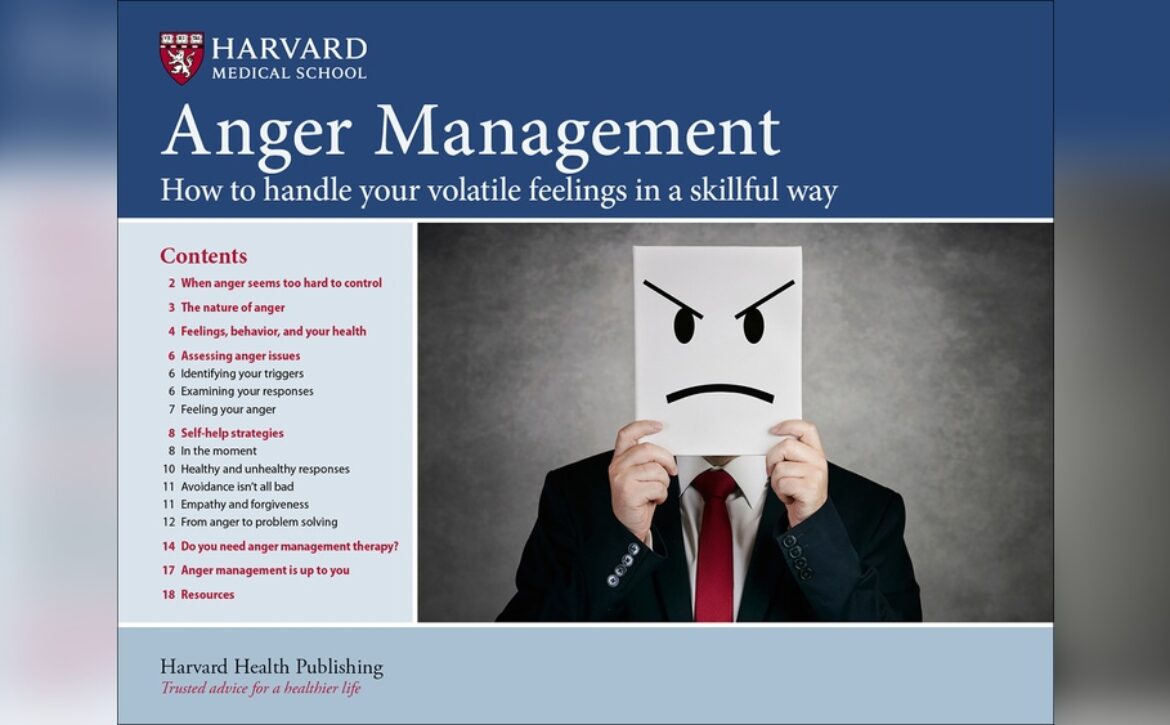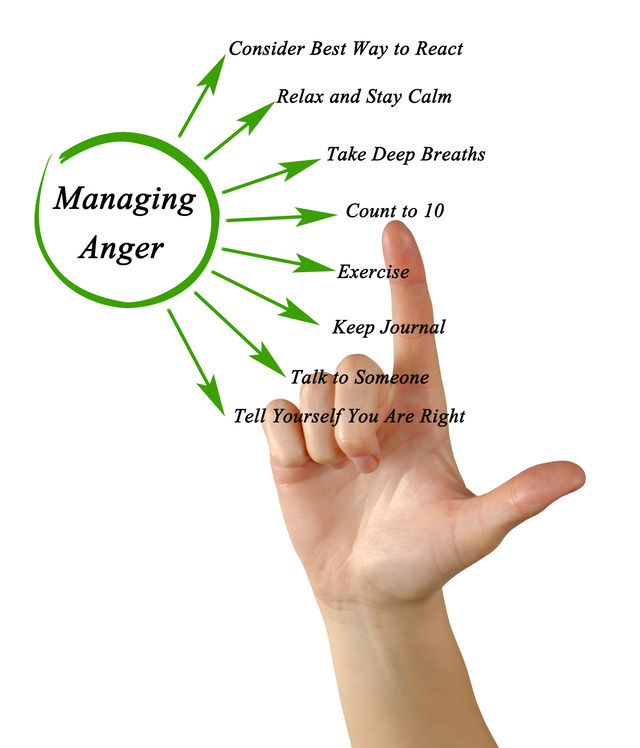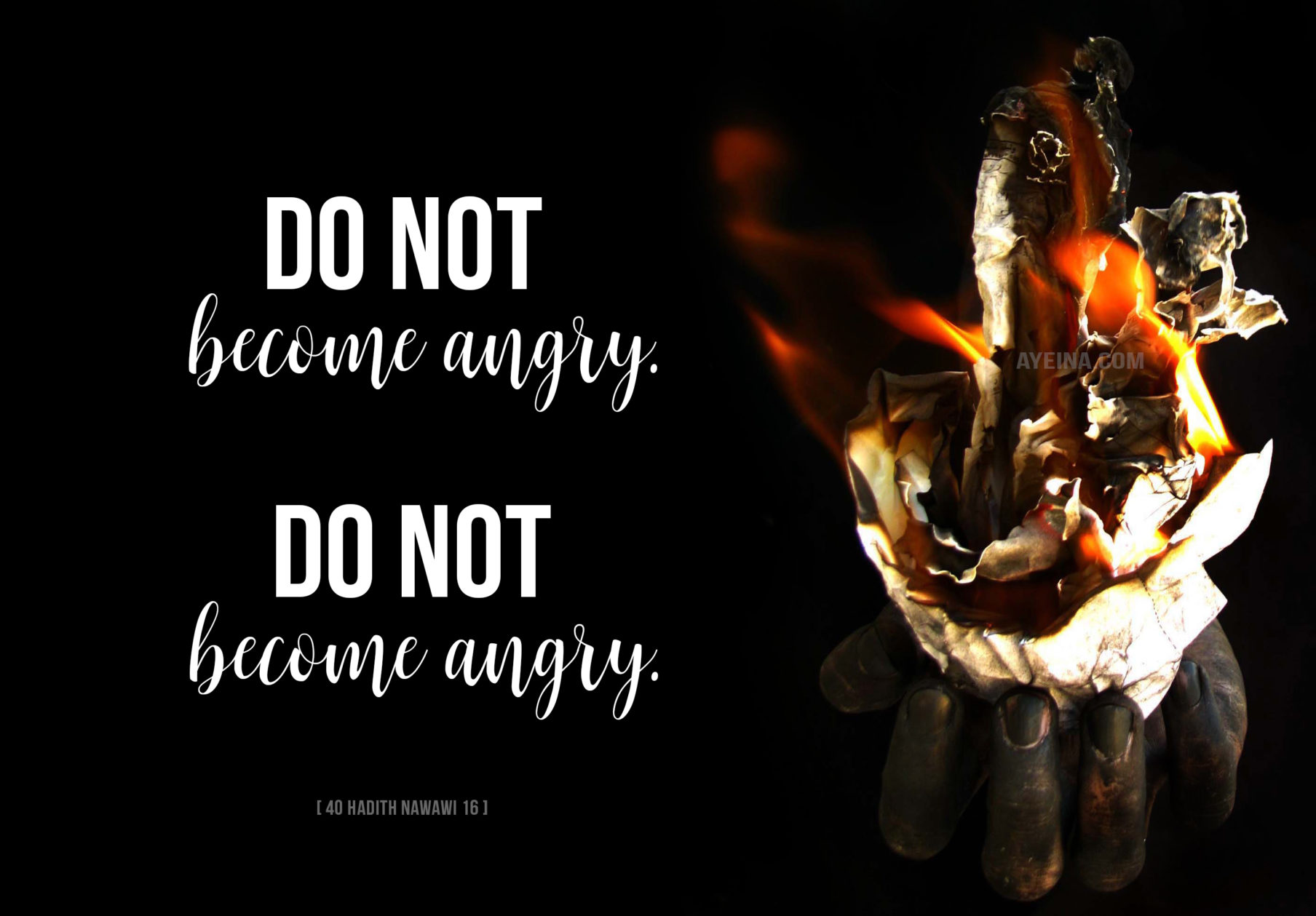
How to Become an Anger Management Expert: Key Steps
Are you tired of feeling like your anger is controlling your life? Do you wish you could handle stressful situations with calm and ease?
You’re not alone. Many people struggle with anger, but the good news is that you can learn to manage it effectively. Imagine a life where you respond with patience instead of frustration, where your relationships thrive because you’re in control of your emotions.
You’ll discover simple, actionable steps to become a master of anger management. Unlock the secrets to a more peaceful and harmonious life, and take the first step towards transforming your emotional well-being. Ready to regain control? Let’s dive in.
Understanding Anger
Anger is a natural emotion. It signals that something is wrong. Everyone experiences anger at times. But understanding it can be complex. Knowing what triggers your anger is key. Recognizing its effects is crucial. It impacts health and relationships. Learning to manage anger improves life.
Triggers And Causes
Anger often has triggers. Traffic jams can spark irritation. Insults may ignite anger. Stress is a common cause. Fatigue can fuel frustration. Unmet expectations lead to anger. Identifying these triggers is vital. It helps in controlling reactions. Awareness is the first step to calm.
Effects On Health And Relationships
Anger affects health. It raises blood pressure. Heart rate increases. Chronic anger harms the heart. Sleep suffers due to anger. Relationships also feel the impact. Words spoken in anger hurt. Trust can break. Friendships may weaken over time. Anger management strengthens connections.

Skills For Managing Anger
Anger can be a powerful emotion. It can lead to stress and frustration. Learning to manage it is crucial. Developing specific skills can help. These skills aid in expressing feelings better. They also promote emotional health. Let’s explore some key techniques.
Communication Techniques
Clear communication can ease anger. Use simple and direct words. Avoid raising your voice. This helps reduce tension. Listening is equally important. Show others you understand their views. Repeat back what they say. This confirms understanding. It shows respect too. Stay calm even during disagreements. This keeps conversations productive.
Emotional Regulation Strategies
Regulating emotions prevents anger from taking over. Practice deep breathing. It calms the mind. Count slowly to ten when upset. This gives time to think. Identify triggers that cause anger. Knowing them helps avoid escalation. Journaling can be useful. Write down thoughts and feelings. It provides clarity. Engage in physical activity. Exercise releases tension. It promotes a sense of calm.
Education And Certification
Becoming an anger management professional involves specific training and certification. Courses focus on identifying triggers and teaching coping strategies. Certification ensures credibility and equips you with tools to help others manage emotions effectively.
Embarking on a journey to become an anger management specialist involves more than just understanding emotions. Education and certification are crucial steps that equip you with the tools and credibility to guide others in managing their anger effectively. Whether you’re looking to make a career shift or enhance your current skills, knowing where to start is essential.
Relevant Courses And Degrees
Begin by exploring courses that focus on psychology, counseling, or social work. These fields provide a solid foundation for understanding human behavior. Many universities offer degrees in these areas that include classes specifically related to anger management. Consider enrolling in a program that offers practical sessions, where you can practice what you learn in real-life scenarios. This hands-on experience is invaluable in building your confidence and expertise. Have you ever thought about how these courses could transform your approach to managing your own emotions?
Certification Options
Once you have a degree, look into certification programs that specialize in anger management. Certification not only boosts your credibility but also signals your commitment to professional standards. Organizations such as the National Anger Management Association (NAMA) offer certification courses designed to enhance your skills. These programs often include workshops and seminars led by experienced professionals. Imagine attending a seminar where you can share your experiences and learn from others—it’s an opportunity to grow both personally and professionally. Are you ready to elevate your career with the right certification?
Building Experience
Building experience in anger management is crucial for effective practice. Practical exposure helps you understand complex emotions. It enhances your ability to assist diverse individuals. Experience allows you to develop empathy and insight. Each encounter offers valuable lessons for personal growth.
Internships And Volunteer Work
Internships provide hands-on experience in real-world settings. They bridge the gap between theory and practice. You learn from seasoned professionals who guide your journey. Internships often offer exposure to various techniques. They help refine your skills and boost confidence.
Volunteer work also builds valuable experience. It allows you to work with communities in need. You gain insight into different emotional landscapes. Volunteering often involves diverse challenges. Facing these challenges enhances problem-solving abilities.
Working With Different Demographics
Understanding various demographics is essential in anger management. Each group has unique emotional triggers. Working with children requires patience and creativity. Older adults may need a different approach. Cultural backgrounds influence how anger is expressed.
Exposure to different demographics widens your perspective. It teaches you adaptability in methods and communication. You learn to tailor interventions to individual needs. This skill is vital for effective anger management practice.
Developing A Practice
Developing a practice in anger management requires dedication and planning. This journey involves creating a solid foundation for your business. You need to establish strategies to market your services effectively. It also includes building a network that supports your growth. Let’s explore the steps to set up your practice.
Creating A Business Plan
A business plan is your roadmap to success. Start by defining your goals clearly. Identify your target audience. Are they teenagers, adults, or corporate clients? Next, outline the services you will offer. Will it be individual sessions, group workshops, or online courses? Estimate your startup costs and pricing structure. This helps in setting realistic financial goals.
Include a SWOT analysis. Identify your strengths, weaknesses, opportunities, and threats. This helps in understanding your position in the market. A detailed plan also attracts potential investors or partners. It shows you are committed and organized.
Marketing And Networking
Effective marketing is key to attracting clients. Start with creating a professional website. Your website should be easy to navigate. Include information about your services and contact details. Use search engine optimization (SEO) techniques to improve visibility. Write blog posts about anger management tips and strategies. This positions you as an expert in your field.
Networking is equally important. Join local business groups and online forums. Attend workshops and conferences related to mental health. Connect with professionals in related fields. This could be therapists, counselors, or HR managers. Building relationships can lead to referrals and collaborations.
Social media is a powerful tool. Share valuable content and engage with your audience regularly. This builds trust and keeps your services top of mind.
Continuous Learning
Continuous learning is the backbone of becoming a successful anger management coach. It’s not just about acquiring knowledge once; it’s about constantly evolving and adapting to new findings and techniques. To truly excel in anger management, you must stay curious and committed to expanding your expertise.
Staying Updated With Research
The field of anger management is always growing. New studies emerge, offering fresh insights into how anger can be managed effectively. Keeping up with this research is crucial.
Reading the latest journals and articles helps you understand new methods and strategies. Consider setting aside time weekly to explore recent publications. This habit not only enriches your knowledge but also equips you with cutting-edge tools to help your clients.
Think about how integrating the latest research can enhance your practice. Are you missing out on a technique that could be pivotal for your clients? Staying updated gives you a competitive edge and ensures you’re delivering the best possible guidance.
Attending Workshops And Seminars
Workshops and seminars offer more than just knowledge; they provide practical skills and networking opportunities. Engaging with other professionals can offer fresh perspectives and innovative ideas.
Participate in events that focus on anger management and related fields. These gatherings are a goldmine for learning and collaboration. Imagine the value of exchanging thoughts with others who share your passion and challenges.
Reflect on a seminar where you learned something unexpected. Maybe it was a simple exercise or a new approach to handling anger. These experiences enrich your practice and keep your methods dynamic and effective.
Continuous learning is not just an option; it’s a necessity in anger management. What steps will you take today to expand your knowledge and skills? Embrace learning as a lifelong journey and watch your expertise flourish.
Ethical Considerations
Becoming an anger management specialist involves many ethical considerations. These are crucial for building a trustworthy practice. Understanding and applying these principles enhances your professional credibility. It also ensures the well-being of your clients. This section delves into key ethical elements. Specifically, confidentiality and trust, as well as professional boundaries.
Confidentiality And Trust
Confidentiality is the cornerstone of any therapeutic relationship. Clients share sensitive details about their lives. They need assurance that this information remains private. Breaching confidentiality can damage trust. It can also harm your professional reputation. Always ensure client information is secure. Use encrypted systems and secure storage methods. Discuss confidentiality policies during initial sessions. This helps to set clear expectations.
Professional Boundaries
Maintaining professional boundaries is essential for effective anger management. Boundaries help define the therapist-client relationship. They prevent misunderstandings and conflicts. Avoid dual relationships that can blur these lines. This includes personal relationships with clients. Always keep interactions professional and respectful. Establish clear guidelines for communication outside sessions. This can involve email or phone contact. Consistent boundaries foster a safe and productive environment.


Frequently Asked Questions
What Is Anger Management?
Anger management is a therapeutic process that helps individuals control and reduce their anger. It involves learning techniques to manage emotional responses. These techniques include relaxation methods, cognitive restructuring, and problem-solving skills. The goal is to prevent anger from leading to negative consequences in personal and professional relationships.
Why Is Anger Management Important?
Anger management is crucial for maintaining healthy relationships and emotional well-being. Uncontrolled anger can lead to conflicts, stress, and health issues. Managing anger effectively improves communication skills and enhances personal and professional interactions. It also fosters a positive environment and reduces the risk of physical and mental health problems.
How Can I Start Anger Management?
You can start anger management by identifying triggers and practicing relaxation techniques. Consider seeking professional help from a therapist. Joining support groups and attending workshops can also be beneficial. Regular practice of mindfulness and stress-reduction techniques can significantly help in managing anger effectively.
What Techniques Are Used In Anger Management?
Anger management uses various techniques like deep breathing, cognitive restructuring, and problem-solving. It also includes mindfulness and communication skills. These techniques help individuals identify triggers, challenge irrational thoughts, and respond calmly. Regular practice of these techniques can lead to improved emotional regulation and healthier interactions.
Conclusion
Becoming skilled in anger management is a journey worth taking. Small, consistent steps lead to big changes. Practice daily to build strong habits. Be patient with yourself and others. Use the techniques you’ve learned to stay calm. Remember, everyone has bad days.
Growth happens over time. Share your experiences with friends or support groups. They can offer helpful insights. Celebrate your progress, no matter how small. Stay committed to your personal growth. Your efforts can create a peaceful life. Keep working towards better emotional health.
You can do it. Stay positive and focused.





